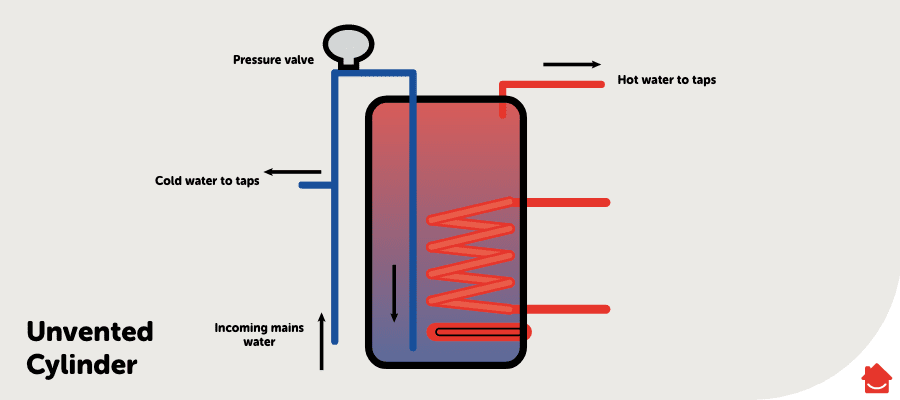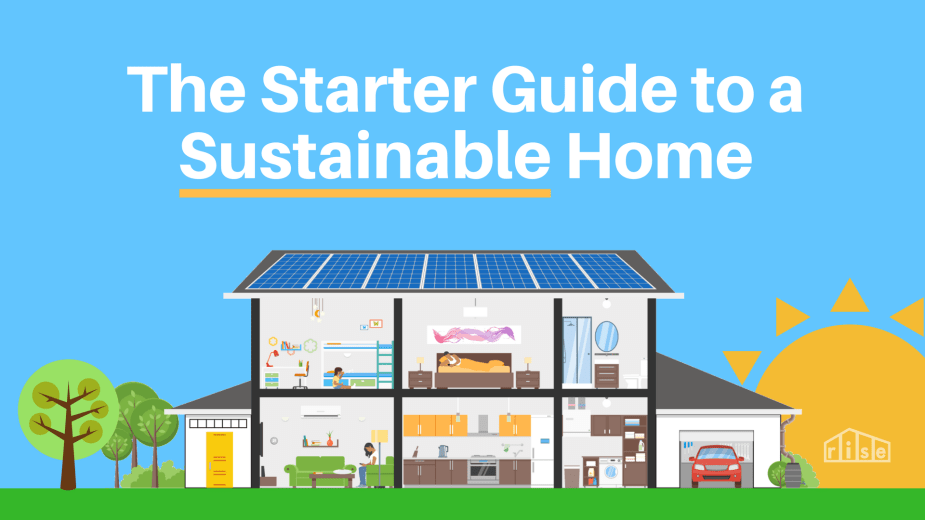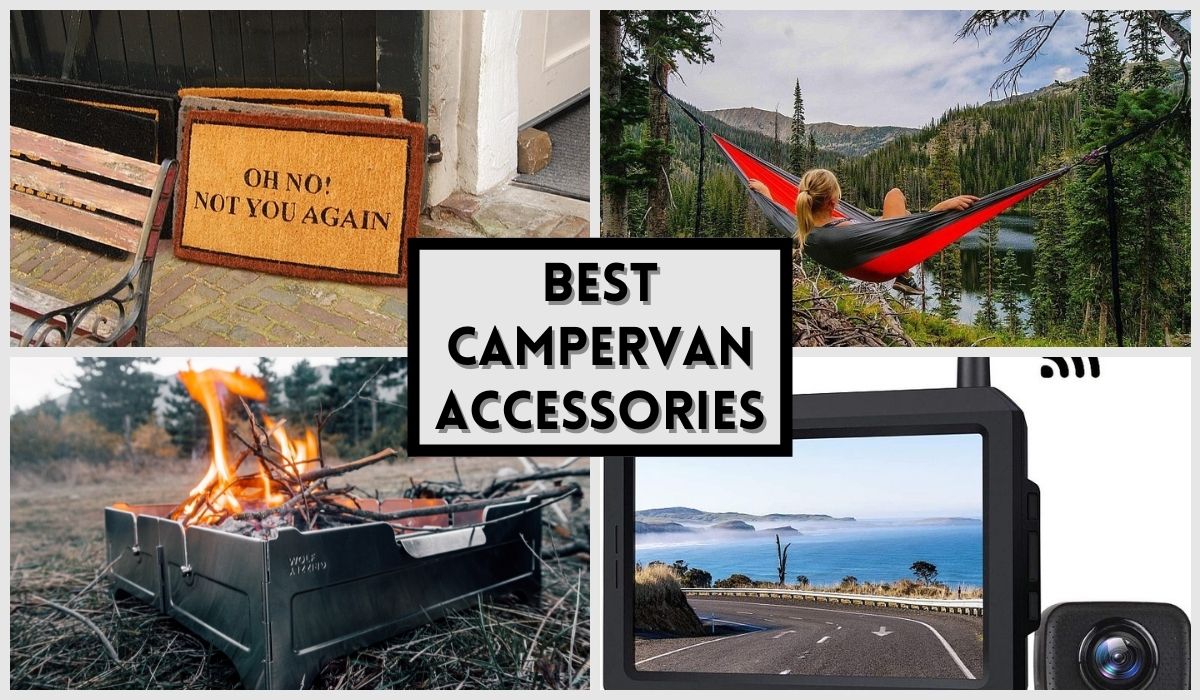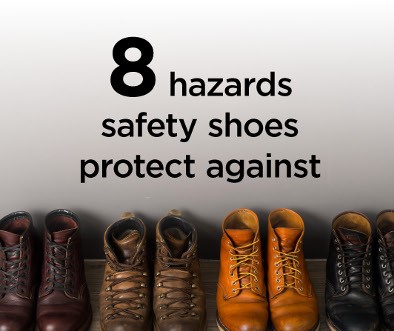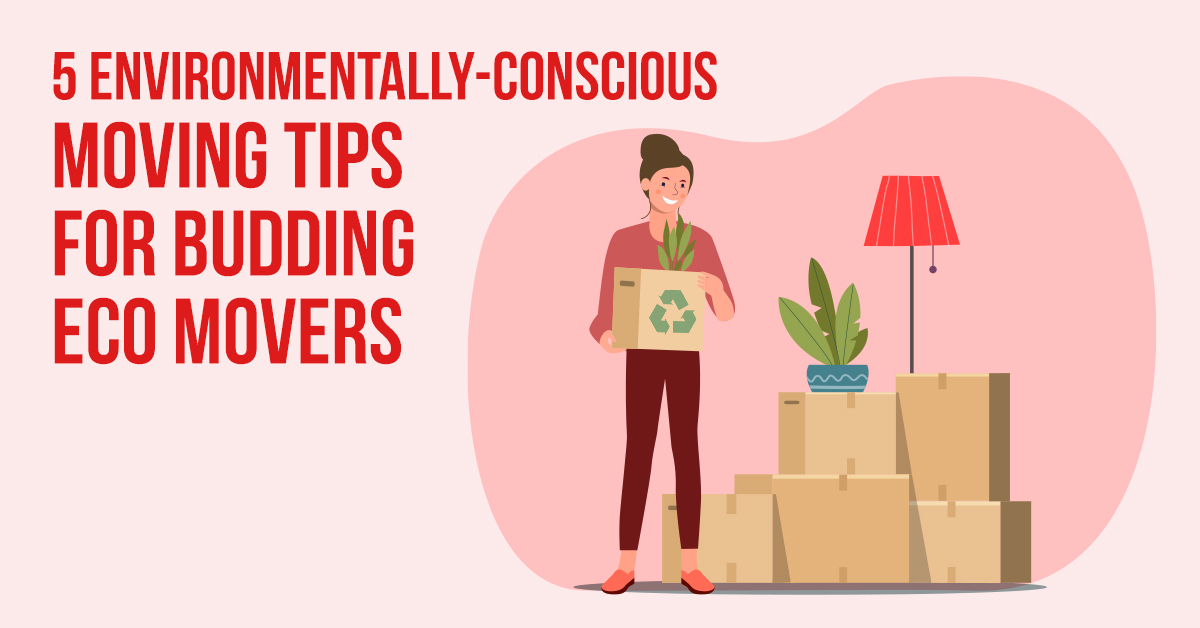If you’re considering installing a new water cylinder in your home, the first choice is whether to go with an unvented water cylinder or a vented one. Depending on how your water system is set up – that is, how water feeds into the cylinder and how it is heated once in the cylinder.
Water is either fed directly into the pressure vessel within the hot water cylinder, or it first passes through a cold water storage tank – indirectly. Water can be heated in two ways, too: either directly with an electric immersion heater, or with a heat exchanger supplied by a boiler.
Many homes, however, use a combination of both direct and indirect water heating and feeding systems, so the question remains: What are unvented water cylinders and why do you need one?
Let’s compare.
Vented water cylinders were the only option for homeowners until 1986. This type of cylinder has a vent pipe that allows it to be affected by atmospheric pressure. Water from the water main is fed into a cold water storage tank until it then goes out into your home appliances. When an appliance requires hot water, water still comes from the cold water storage tank but is first fed into the water cylinder and heated with a heat exchanger.
The water supply in a vented water cylinder is gravity-fed and heated on demand. Sometimes a pump is necessary to ensure that there is enough pressure for a strong flow of water.
Meanwhile, unvented water cylinders work directly with the water main, using the pressure from the water main to control water flow. Unvented water cylinders heat water indirectly using an immersion heater.
What are the benefits?
Since their arrival in ‘86, unvented water cylinders have gained popularity throughout the UK. Because the sealed cylinder gets its water pressure from the cold water mains, it doesn’t require a pump. It also creates a better water flow, giving you higher pressure showers and baths. Unvented systems have safety devices built in that help with the high pressure associated with this cylinder design.
Another advantage is not having to store a cold water storage tank in your loft, or all of the pipework required to connect it to the cylinder, as you would with a vented cylinder. This gives you more options in placing your unvented cylinder, as you don’t need to rely on gravity or pumps to pressurise it. And, no pipework means no frozen pipes during cold winter months.
The constant supply of hot water is an added bonus. This means you’re not waiting for water to heat up. Not only will you get hot water faster, you’ll also escape the noise that comes with vented systems as cold water fills the storage cylinder.
Finally, the cold water in the unvented systems is not at risk of getting contaminated, as the system is essentially sealed.
What about water expansion?
Water expands in volume as it warms, which requires that unvented cylinders include a mechanism that allows for such expansion without letting the water pressure get too high. There are two main ways that unvented cylinders are designed to combat the expansion issue so that it’s no longer a problem.
The bubble top unit uses an internal air bubble that’s trapped inside the top of the cylinder at its installation (This is one reason why you’ll want to hire a professional to install your unvented cylinder). The second approach involves an external expansion unit, which uses an expansion vessel outside of the cylinder to contain hot water after it has expanded.
Water expansion and the high pressure associated with unvented systems are the main causes for the extra safety measures that need to be taken when installing this style of cylinder. As we’ve seen, there are many benefits to choosing an unvented system over a vented one – but you want to be sure that it is installed correctly and that all safety features are correctly in place.
Work with a boiler specialist who has the proper qualifications for installing unvented water cylinders – qualifications that comply with G3 of building regulations. When it comes to the home, safety always comes first. Get the best of both worlds – safety and comfort – by choosing an unvented water cylinder and having it installed by professionals who care.
About the Author: Lee Kelly is the owner of Ambient Heating & Plumbing in Bristol. He has been qualified for over 13 years and in that time has helped many homeowners and landlords with their plumbing, boiler and gas safety checks. He’s one of the region’s only specialist unvented water cylinder installers. You can connect with Lee Facebook and LinkedIn or call Ambient Heating & Plumbing on 01179 619 021.

